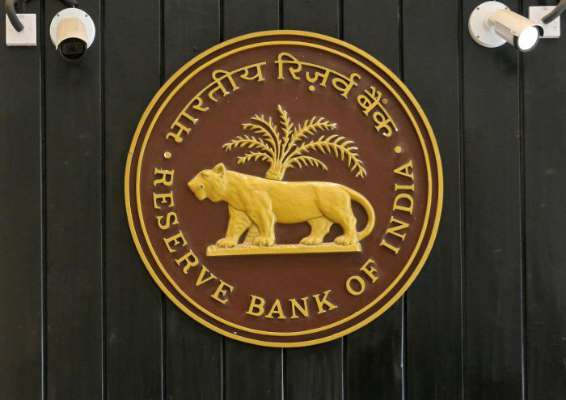In a surprising move, the Reserve Bank of India (RBI), the country's central bank will transfer a $24.8bn payout in "surplus capital" and dividends to the Indian government to boost its capital expenditure.
This decision was based on the Bimal Jalan Committee's recommendation, RBI's high level six-member advisory group, to transfer the entire $24.8bn made up of the bank's $17.3bn net income from the financial year that just ended together with its excess reserves.
According to economists and experts, this amount will give Prime Minister Narendra Modi's government capital to do something about the slowing economy by funding the country's capital expenditure, giving sectoral stimulus and capital to banks and spurring investments to cut down on borrowing.
India's auto industry is now in its worst crisis, the consumer market's spending had slowed, the real sector has a lot of unsold inventories and thousands are jobless.
Managing partner Ashvin Parekh of Ashvin Parekh Advisory Services (APAS), a global management consulting firm, affirms that this transfer of money from RBI would help stimulate the economy.
He noted that if the money gets used for banks' recapitalization to expand credit, the effect on the economy would be greatly felt because this will touch many sectors.
BofA Merrill Lynch Global Research report says that RBI's money will be likely used to recapitalize PSU (Public Sector Banks) exactly what the Minister of Finance Nirmala Sitharaman announced on Friday and the balance moved to the treasury budget.
Sitharaman, after announcing some measures on how to use the funds didn't mention any fiscal stimulus.
The minister said that further announcements this week on how the bank's funds will get used will be known. She hinted that it might even include a package for homebuyers.
Commenting on the large transfer of surplus, she said that after several sittings, a formula was agreed upon saying that financial stability, surplus for any emergency and contingency "have all been factored in" by the Bimal Jalan Committee.
RBI earns from the interest it gets from bank lending, bond holdings' earnings on open market principles and from the sale and purchase of government securities.
RBI is a banker to banks in India. It's the 'lender of the last resort.'
It can rescue a bank that is solvent but is facing temporary liquidity problems.
RBI protects the interest of the depositors and prevents the possible failure of any bank which will definitely affect other banks and institutions resulting in a domino effect on the country's financial stability.
JM Financial Institutional Securities, a leading investment banking firm in India said that it cannot be ruled out that the money will get used to revive the economy and the "shortfall in receipts" is to be fixed "through off-budget accounting of the food subsidy" just like in the last three years.




